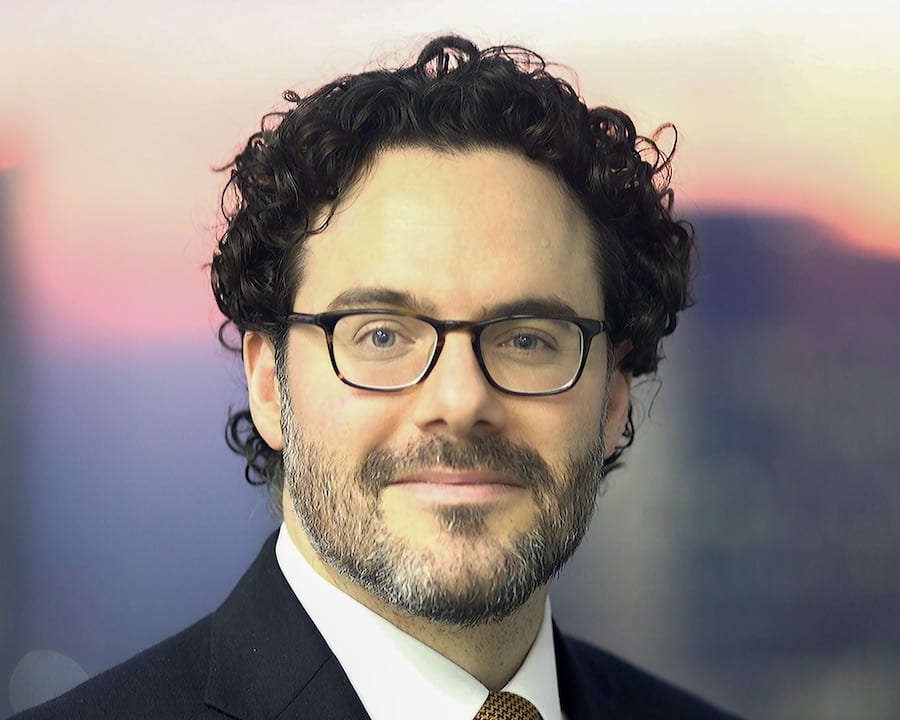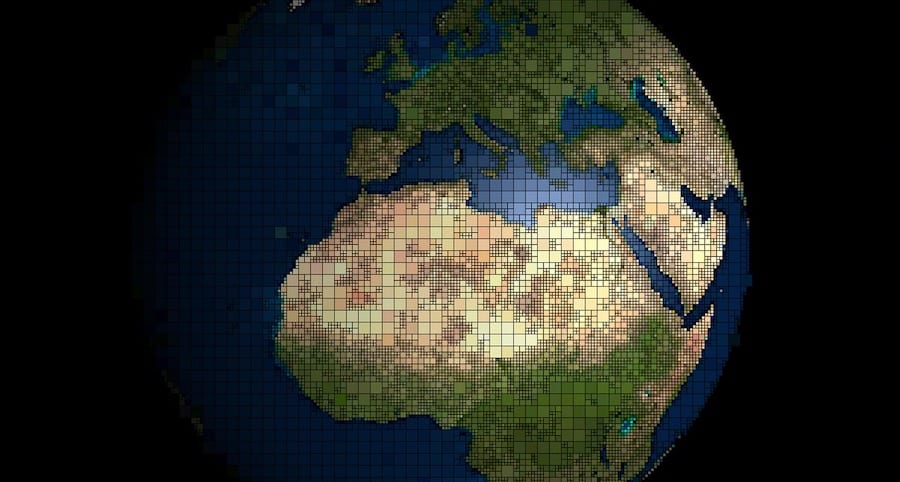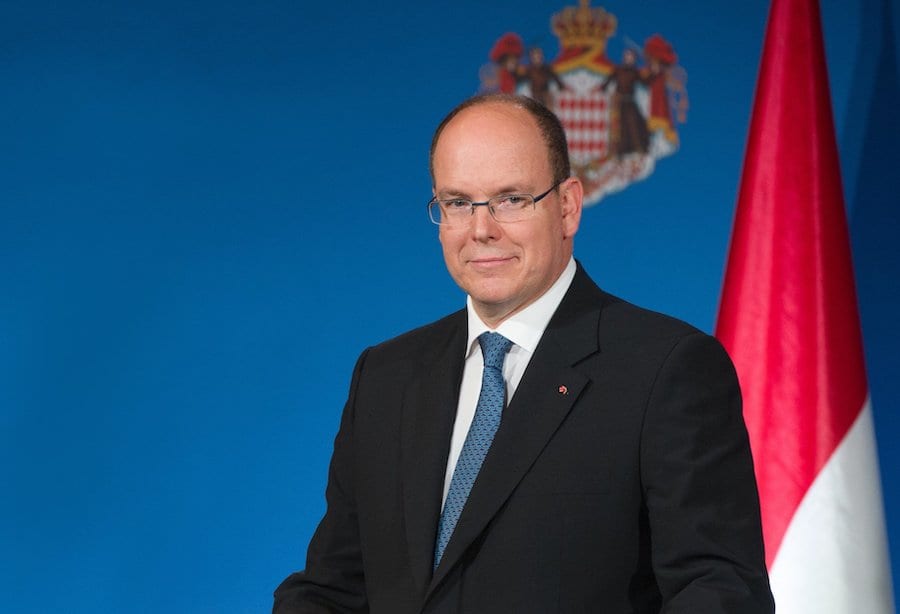Monaco Life talks to Damian Payiatakis, Head of Sustainable and Impact Investing at Barclays Private Bank, about intergenerational wealth transfer: trust, shifting perspectives on sustainable investment, and the impact of Covid-19.
Monaco Life: How do the generations differ when it comes to sustainable investment?
Damian Payiatakis: Our research shows that in the last few years, the younger generation has had a significant influence in raising visibility and aligning the family across generations to invest more sustainably.
There is a clear difference historically in how older generations have seen and approached their investments, having tended to separate generating wealth from using it to do good in the world.
But what we’re all recognising is that our investments have an impact on the world and, moreover, the world has an impact on our investments. Given the different events they’ve seen, younger generations have more intuitively recognised that connection compared to older generations.
That being said, the Covid pandemic has shifted everybody’s visibility and thoughts about sustainable investing. Initially, there was a question as to whether Covid would dampen the momentum of this movement. That hasn’t happened; instead, it’s accelerated the growth.
We’ve seen previously sceptical clients, high net worth (HNW) families, who are now acknowledging the performance and flows of sustainable investing during this period of volatility. In some cases, they’ve missed out and are asking for guidance and opportunities to get involved now.
Many investors have been trying to pilot their family and their portfolios through it all and they’re having more discussions about what the future means; and we’re focusing on inter-generational wealth transfer more frequently than in the past.
What exactly is sustainable investing?
Sustainable investing is investing intentionally to both protect and grow your assets and make a positive contribution to our world. Let me explain what that means a bit further.
It is intentional, because investors are actively thinking about what they want their wealth to achieve. This also means measuring and reporting on the impact the investments generate.
It has dual aims – financial and personal. First, we find including environmental, social, and governance factors helps to generate better financial returns by identifying associated investment risks as well as new opportunities for investment. Secondly, for many of our wealthy families who feel a responsibility to make the world a better place, investing to solve urgent social and environmental challenges can be tremendously satisfying and help bring the family together.
When did you start noticing a shift towards sustainable investment in intergenerational wealth transfers?
I led the launch of our impact investing proposition within Barclays about five or six years ago. For a private bank, we started to be involved early; and even 12 to 24 months ago, awareness levels were much lower than today. Although we still have what we call a latent demand – people are interested in sustainable investment but not yet active in their portfolios. However, more of my conversations have shifted from “Should I invest sustainably?” to “How do I invest sustainably?”, which indicates an important shift in the market momentum.
So how do you invest sustainably?
There are three stages where we tend to help clients navigate this field. The first one is education, so we spend time helping them to understand the rapidly evolving industry. We usually have to dispel some of the myths, for example around performance, and show how they can invest across their entire portfolio albeit in different ways.
For example, across all our discretionary portfolios we invest responsibly because we think it makes sense to assess all companies for environmental, social, and governance risks. Then we have a sustainable discretionary strategy which targets only companies whose products are providing solutions to UN Sustainable Development Goals. Either of these options could be appropriate for a client, though they take different approaches to sustainability.
Which is why the second stage is articulation. Just like understanding a risk tolerance, we’re helping families express the intentions around how they want their capital to be deployed, often assisting in the conversation to take place between generations. Of course, we also review the family’s specific interests in different sectors, which often relate to the family business.
Then the last stage is execution – deciding how and when to make the changes to their existing portfolio and finding the right, high-quality impact investments. While investors want to avoid poorly run companies, we’re also looking for companies with long-term growth opportunities.
What issues arise with inter-generational wealth management?
Our research found that trust is an issue. About a third of the participants worry that the next generation is going to take more risk than the current generation. Having those conversations and articulating what matters to the family both on a legacy and wealth transfer basis is critical, as well as getting younger generations involved in the process.
For example, we had a next gen from a Hong Kong hotelier family who wanted a more active role in the family and wanted her family to engage more around sustainability. But the family’s chief investment officer and the older generations were initially not so open to it. So, we thought about the sustainability issues that would have implications for the family business as well as investment opportunities.
We landed on water usage in hotels, which has both a massive environmental and financial impact. She made the case to invest and implement some new technologies in the hotels, which gave more credibility to her ideas around sustainability. It helped her build trust in her decision-making so that over time she could take on a larger role within the family discussions.
What is your experience with intergenerational wealth transfer in Monaco?
It’s the similarities between different types of families that I find interesting in Monaco. Given the nature of the Principality and its history, there are a number of families who have faced the challenges of intergenerational wealth transfer for many generations. They are familiar with the process and often the oldest generation has been through the tensions that naturally arise, so they can be more thoughtful about how they prepare the younger generation to inherit wealth.
Then there are newer first-generation families who have moved to Monaco and are now facing that challenge of succession for the first time. Wealth creators tend to be more risk averse with their capital. I hear many who are worried about the readiness of their children to take on the wealth and take forward their family legacy.
The difference is how we have conversations across the family. With a 5th, 6th, 7th generation family, they are usually thinking much longer term already – centuries in some cases. The idea of sustainability is more embedded into how they think about family and their wealth. In first generation transfers, the family has shorter legacy though it may loom larger given the presence of the first generation.
In both cases, it doesn’t matter which of the ‘next gens’ are inheriting the wealth, their interest in sustainable investment is similar. Where children are inheriting a legacy, they’re also thinking about how to sustain that in a way that is authentic to them and their generation.
Do you find that awareness around sustainable investing is more prominent in Monaco, given Prince Albert’s very public environmental mission?
Having a role model like Prince Albert certainly helps to inspire others to take similar actions. Monaco is a small physical space which makes it relatively easier to be conscious of one’s environmental footprint. The size of the community also helps to motivate and focus attention on these issues.
Also, its proximity to the sea makes a difference. I do a bit of sailing, and when you’re on the water, especially offshore racing for days, you can’t help but feel connected to the ocean. With Monaco’s shoreline, and nearly always being in sight of the sea, it’s easy to make a similar connection with the environment.
Prince Albert’s advocacy to mobilise global initiatives and his message of responsibility of wealthy families to make a difference to our planet, our home really, is very visible and encouraging.
How has the Covid pandemic impacted sustainable investing?
From an investment perspective, we have seen clients shift their mindsets around investment practices. For example, from our research we found two thirds of families now want to widen risk assessment to incorporate more environmental, social, and governance factors.
From a legacy perspective, it has increased recognition of the fragility of life and the economic position and connectivity that we have. Family conversations have been instigated around wealth transfer and how to ensure the family’s wealth reflects more of its values and the role it wants to play in society.
Finally, it’s demonstrated systemic risks that we face globally. I pose a question to clients that if they had known in December 2019 that Covid was going to happen, would they have invested differently. The answer, of course, is ‘Yes’. Climate change is a larger, and known, systemic risk. If we think Covid was a systemic wave, climate could be considered a systemic tsunami. So, we’re encouraging clients to learn from Covid and position their portfolios to be more sustainable for the risks and opportunities ahead.
"If Covid was a systemic wave, climate is a systemic tsunami"


